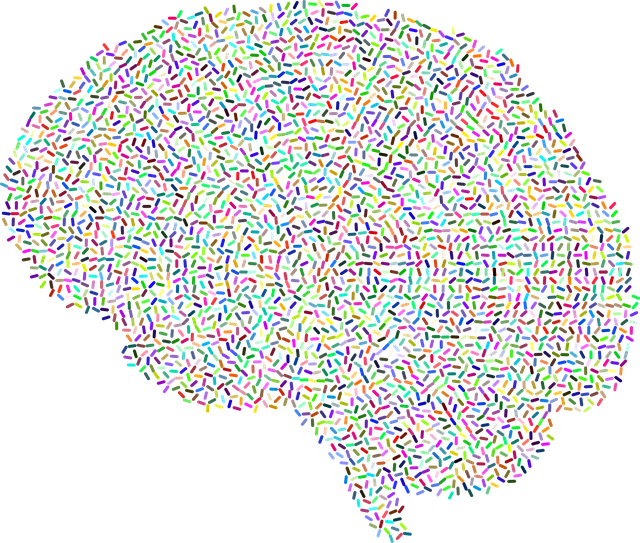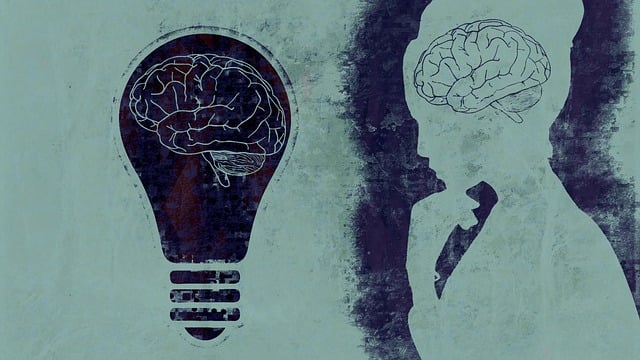Westminster Anger Management Therapy leverages comprehensive data analysis, combining statistical methods with qualitative insights, to develop personalized treatment plans for anger management and mood disorders. They meticulously prepare raw data from surveys, clinical assessments, and electronic health records, handling missing values and outliers, to gain emotional patterns and identify correlations with factors like age and gender. This holistic approach integrates self-care practices and communication strategies tailored to individual preferences, enhancing therapeutic interventions' effectiveness. By prioritizing cultural competency and wellness coaching, they create an inclusive environment, empowering clients to develop long-term coping mechanisms for improved mental wellness.
Mental health data analysis is a powerful tool for understanding complex behavioral patterns. In this article, we explore techniques for collecting, preparing, and interpreting mental health data, focusing on the unique challenges of anger management therapy. From understanding Westminster Anger Management Therapy to implementing effective analytical strategies, this guide offers valuable insights. Learn about behaviorial data analysis methods that enhance clinical decision-making, improving patient outcomes in a dynamic therapeutic landscape.
- Understanding Mental Health Data: Collection and Preparation
- Techniques for Effective Analysis of Behavioral Data
- Interpreting Results: Strategies for Clinical Decision Making in Anger Management Therapy
Understanding Mental Health Data: Collection and Preparation

Understanding Mental Health Data is a crucial step in any analysis process, especially when it comes to addressing complex issues like anger management and mood disorders. The first phase involves collecting data through various sources such as surveys, clinical assessments, and electronic health records. At Westminster Anger Management Therapy, for instance, therapists often gather information about clients’ emotional responses, triggers, and coping mechanisms to guide personalized treatment plans. This initial step requires careful consideration of data privacy and security protocols, ensuring that all information is collected ethically and with informed consent.
Data preparation is a meticulous process aimed at cleaning, organizing, and structuring the raw data for analysis. This includes handling missing values, identifying outliers, and categorizing responses. For instance, when assessing mood management in Stress Management Workshops Organization participants, researchers might categorize self-reported moods into distinct categories (e.g., happy, sad, anxious) to gain insights into emotional patterns. Similarly, developing a robust Self-Care Routine for better mental health necessitates understanding individual preferences and habits, which can be obtained through comprehensive data preparation techniques.
Techniques for Effective Analysis of Behavioral Data

The effective analysis of behavioral data is a multifaceted process that involves a blend of quantitative and qualitative techniques. At Westminster Anger Management Therapy, we utilize advanced statistical methods to uncover patterns and trends within our clients’ behaviors. This includes regression analysis for identifying correlations between anger management outcomes and various factors such as age, gender, or initial intensity of anger issues. By employing these techniques, we gain deep insights that help tailor our therapeutic interventions.
Moreover, our approach incorporates self-care practices and communication strategies, which are integral components of mental health education programs design. We recognize that behavioral data doesn’t exist in isolation; it’s influenced by personal experiences, social dynamics, and coping mechanisms. By integrating these perspectives, we ensure a holistic analysis that considers both the numerical trends and qualitative nuances, ultimately enhancing the effectiveness of our therapeutic solutions.
Interpreting Results: Strategies for Clinical Decision Making in Anger Management Therapy

Interpreting results from mental health data is a critical component of effective clinical decision-making in anger management therapy. Healthcare providers play a pivotal role in translating complex information into actionable strategies for their clients. By skillfully analyzing trends, patterns, and outliers within the data, therapists can tailor interventions to meet individual needs, ensuring personalized care that addresses specific triggers and underlying causes of anger. This nuanced approach not only enhances the accuracy of diagnoses but also boosts client confidence through a clear understanding of their progress.
Westminster Anger Management Therapy integrates mental wellness coaching programs development with strategies for cultural competency training, empowering therapists to navigate diverse client backgrounds. Through ongoing professional development, practitioners gain insights into the impact of cultural factors on emotional expression and management. This knowledge enables them to modify therapeutic techniques, fostering a safe and inclusive environment that promotes open communication. As a result, clients are better equipped to develop coping mechanisms that support long-term mental wellness and enhance their overall quality of life.
Mental health data analysis is a powerful tool that can significantly enhance therapeutic outcomes, particularly in areas like anger management. As highlighted through techniques discussed, such as behavioral data analysis and interpretation strategies, professionals like those at Westminster Anger Management Therapy can gain valuable insights from collected data. By understanding and preparing mental health data effectively, therapists can make informed clinical decisions, tailor treatments to individual needs, and ultimately foster better patient outcomes.














